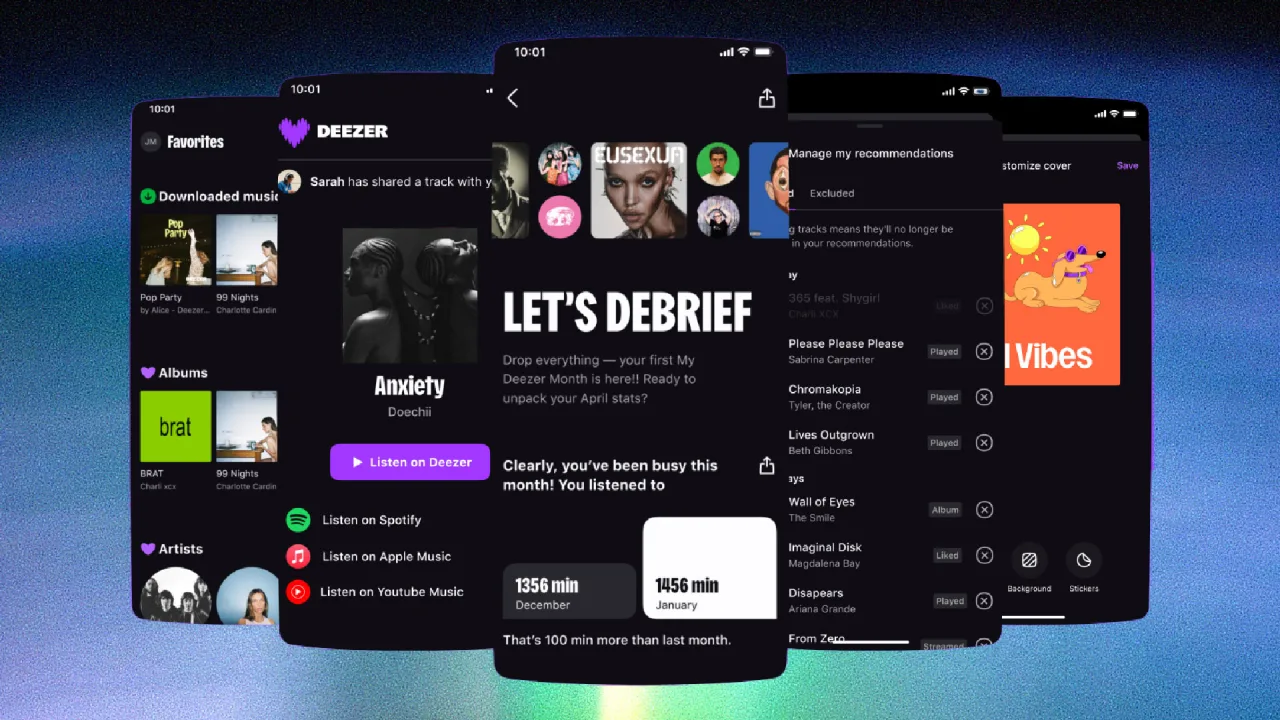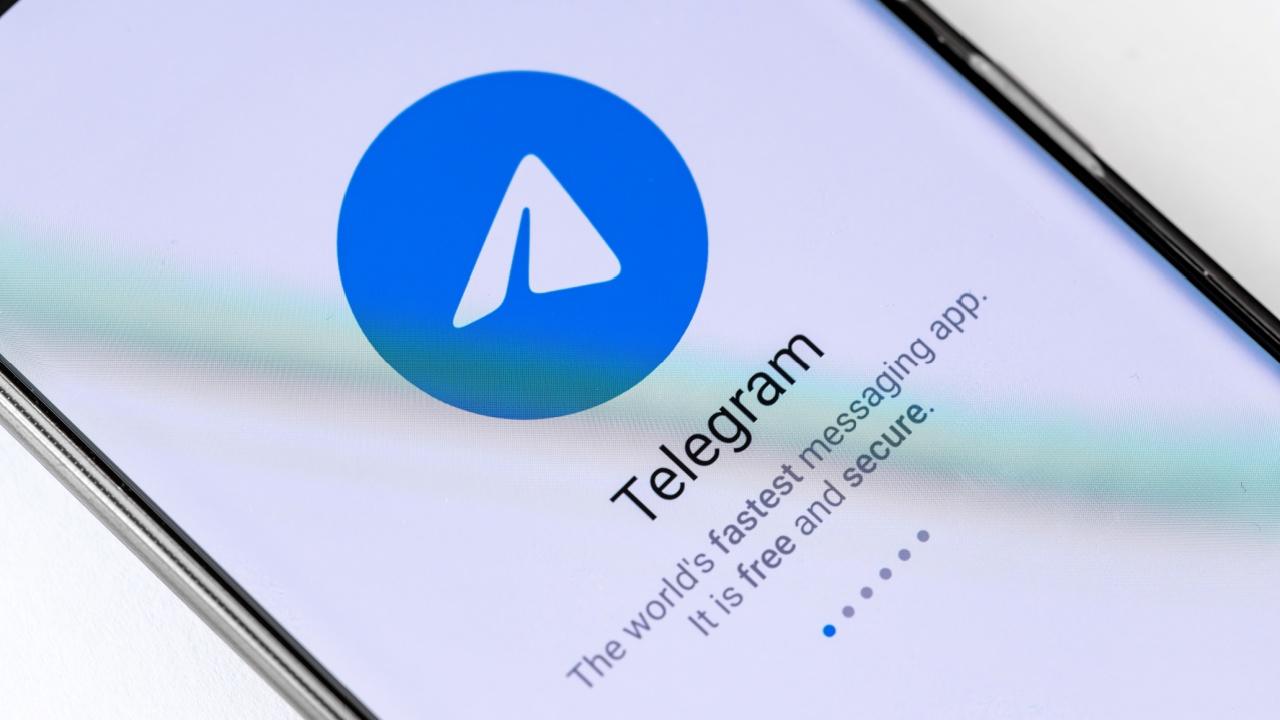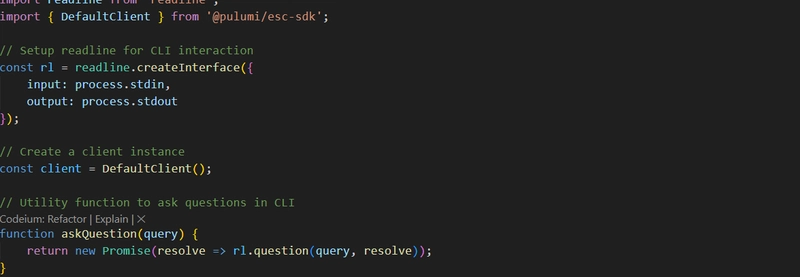Rethinking Authorization in the Age of AI Agents
We’re entering the age of agentic AI — where software agents, not just users, are taking action on our behalf. With standards like the Model Context Protocol (MCP) are making this more seamless by letting agents access tools and services in a structured, context-aware way. But here's the catch: most existing authorization models weren’t built for this kind of actor. OAuth, role based access control (RBAC), and traditional session-based models assume a user is behind every request. With agentic systems, intent is often delegated, context can shift dynamically, and agents might act across boundaries we didn’t originally model. Who's responsible? What are they allowed to do? And how do we reason about trust when the actor isn't a person? We need to start thinking beyond human-centric auth — and my co-worker Bobby’s post, "Agentic Access Is Here. Your Authorization Model Is Probably Broken.", makes a great case for why. Give it a read and let me know what you think! Agentic Access Is Here. Your Authorization Model Is Probably Broken. - The New Stack The new MCP access control model fundamentally can’t measure up to the speed, scope and nondeterminism of AI agent-based access control. thenewstack.io Photo by Igor Omilaev on Unsplash

We’re entering the age of agentic AI — where software agents, not just users, are taking action on our behalf.
With standards like the Model Context Protocol (MCP) are making this more seamless by letting agents access tools and services in a structured, context-aware way. But here's the catch: most existing authorization models weren’t built for this kind of actor.
OAuth, role based access control (RBAC), and traditional session-based models assume a user is behind every request. With agentic systems, intent is often delegated, context can shift dynamically, and agents might act across boundaries we didn’t originally model. Who's responsible? What are they allowed to do? And how do we reason about trust when the actor isn't a person?
We need to start thinking beyond human-centric auth — and my co-worker Bobby’s post, "Agentic Access Is Here. Your Authorization Model Is Probably Broken.", makes a great case for why.
Give it a read and let me know what you think!
Photo by Igor Omilaev on Unsplash


.jpg)

























![[Webinar] AI Is Already Inside Your SaaS Stack — Learn How to Prevent the Next Silent Breach](https://blogger.googleusercontent.com/img/b/R29vZ2xl/AVvXsEiOWn65wd33dg2uO99NrtKbpYLfcepwOLidQDMls0HXKlA91k6HURluRA4WXgJRAZldEe1VReMQZyyYt1PgnoAn5JPpILsWlXIzmrBSs_TBoyPwO7hZrWouBg2-O3mdeoeSGY-l9_bsZB7vbpKjTSvG93zNytjxgTaMPqo9iq9Z5pGa05CJOs9uXpwHFT4/s1600/ai-cyber.jpg?#)












































































































































![[The AI Show Episode 144]: ChatGPT’s New Memory, Shopify CEO’s Leaked “AI First” Memo, Google Cloud Next Releases, o3 and o4-mini Coming Soon & Llama 4’s Rocky Launch](https://www.marketingaiinstitute.com/hubfs/ep%20144%20cover.png)

















































































































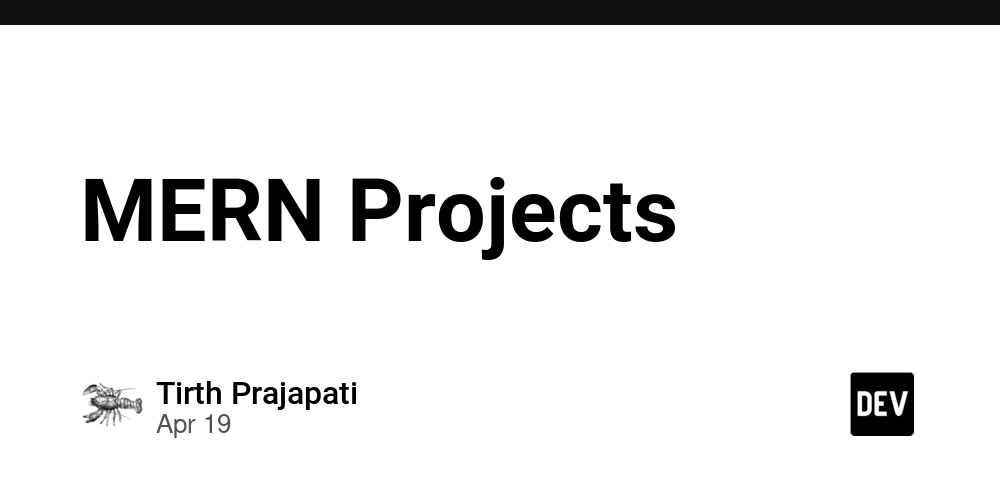
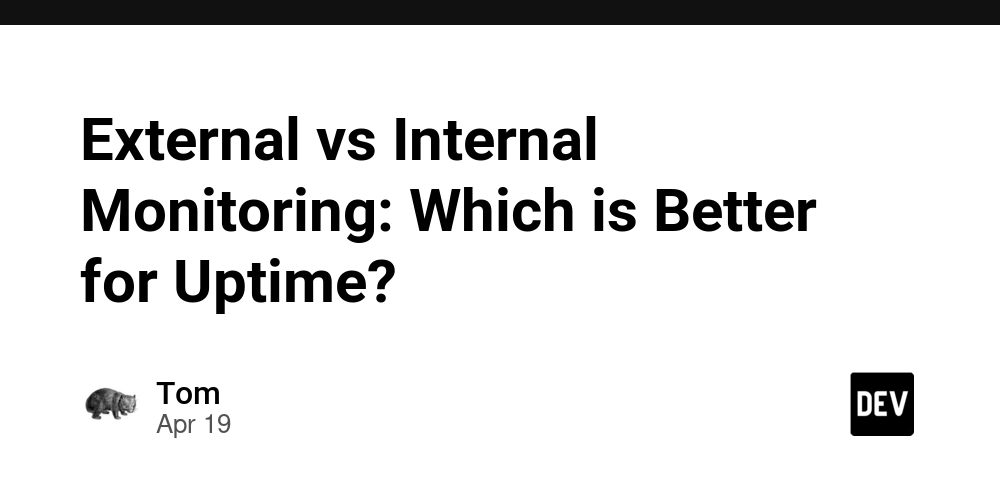



















































































![Rogue Company Elite tier list of best characters [April 2025]](https://media.pocketgamer.com/artwork/na-33136-1657102075/rogue-company-ios-android-tier-cover.jpg?#)







































































_Andreas_Prott_Alamy.jpg?width=1280&auto=webp&quality=80&disable=upscale#)






























































































![What’s new in Android’s April 2025 Google System Updates [U: 4/18]](https://i0.wp.com/9to5google.com/wp-content/uploads/sites/4/2025/01/google-play-services-3.jpg?resize=1200%2C628&quality=82&strip=all&ssl=1)










![Apple Watch Series 10 Back On Sale for $299! [Lowest Price Ever]](https://www.iclarified.com/images/news/96657/96657/96657-640.jpg)
![EU Postpones Apple App Store Fines Amid Tariff Negotiations [Report]](https://www.iclarified.com/images/news/97068/97068/97068-640.jpg)
![Apple Slips to Fifth in China's Smartphone Market with 9% Decline [Report]](https://www.iclarified.com/images/news/97065/97065/97065-640.jpg)





































































